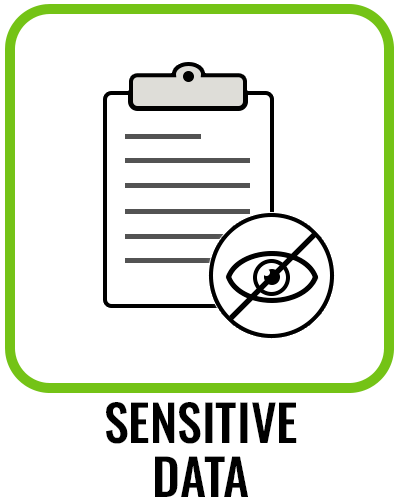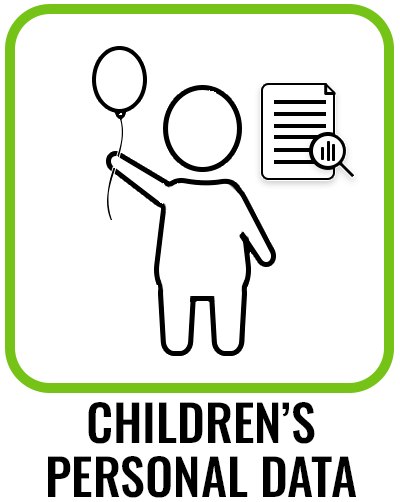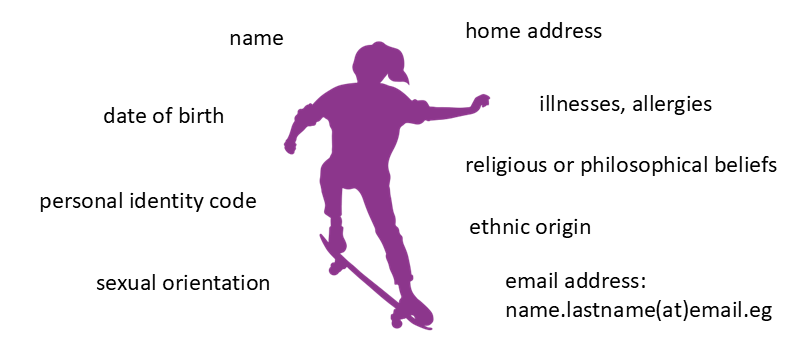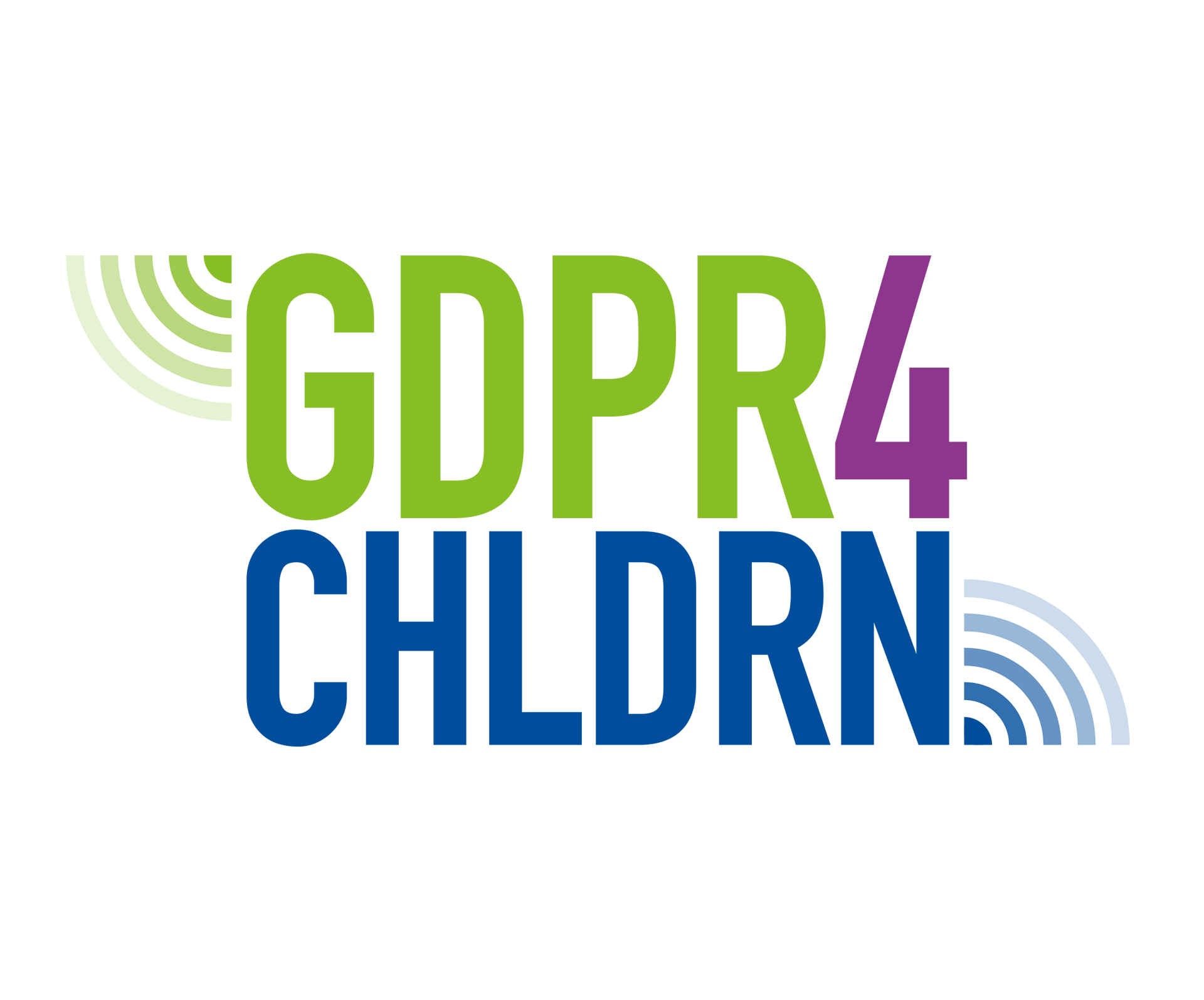What is personal data?


Data by which individuals can be identified is personal data.
- Personal data includes a person’s full name (like Jane Doe), date of birth, personal identity code, home address, telephone number and email address.
- Pictures and video featuring people are also personal data, as is recorded speech. For example, when someone takes a selfie, they can be identified from the picture. Even if you do not use your real name on your social media profile, you can usually still be identified from the photos

Some types of personal data are more sensitive than others. Special categories of personal data contain information that can reveal something highly sensitive about a person. Such data must be protected with particular care. For example, many people do not want to share information about their illnesses to others, and others have no right to know about your illnesses either.
Special categories of personal data include:
- religious beliefs, that is, the information on what religion a person practises or does not practise
- health information (such as information about a person’s illnesses, or patient records made at a physician’s appointment)
When processing special categories of children’s personal data, such as information about illnesses, as an instructor or coach in a hobby, you need to keep the following in mind:
- Special categories of personal data must be processed with care so that they are not disclosed to third parties. For example, you cannot tell all other instructors or children about a child’s allergy or illness in all circumstances.
- Special data must be stored carefully. For example, please make sure not to leave papers containing sensitive data unsupervised so that an outsider could read or steal the papers.
- If special categories of personal data are being stored in electronic systems, make sure that outsiders cannot access the systems. Use a strong password and never leave computers or other electronic devices unsupervised.
- If you are not sure who you can talk to about a child’s illnesses, for example, ask for advice from your club’s or association’s Board. The controller of personal data is obliged to ensure that the people working under its supervision process personal data according to the controller’s instructions. In other words, the club’s adults have the ultimate responsibility for the processing of personal data, and you can always turn to them if you need help with processing personal data.

